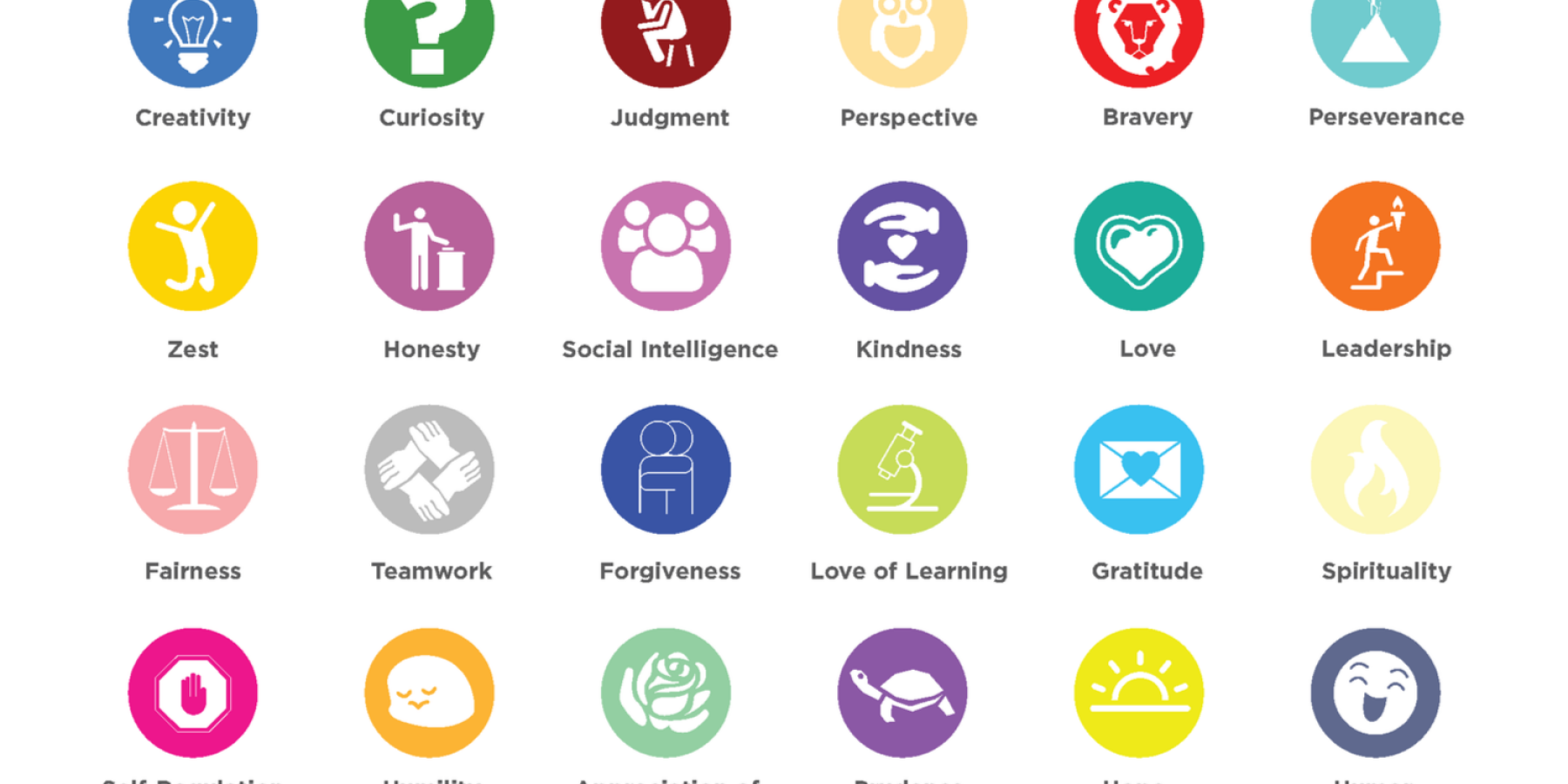
Support
The purpose of this study is to further examine the relationship between academically-focused character strengths (positively valued personality traits) and positive academic outcomes among college students. Over 320 SLU students took an online survey. Results demonstrated (1) a new grouping of character strengths, (2) links between character strengths and academic outcomes for all students, and (3) important differences between groups of students on these relationships.
First, the factor analysis showed new patterns of responses for character strengths regarding academics for all students. Groupings included temperance strengths (prudence, modesty, self-regulation and forgiveness), humanity strengths (love, kindness, teamwork and social intelligence), collaborative resilience strengths (bravery, leadership, teamwork and perseverance), positive perspective strengths (appreciation of beauty, hope, creativity and gratitude) and wisdom & knowledge strengths (love of learning, judgement, curiosity and perspective). Only two strengths, which are humanity and wisdom & knowledge, are similar to the previous categorization of character strengths.
Second, we found some similarities among all students. Students with higher temperance, collaborative resilience, and wisdom & knowledge strengths were more buoyant academically. Similarly, those students with higher humanity, collaborative resilience, and positive perspective but lower wisdom & knowledge strengths were happier. Students who were more academically buoyant had higher life satisfaction, higher overall GPA and course grades, higher general happiness, and higher enjoyment and satisfaction about the college generally and about their courses specifically.
Third, we also found some differences between groups of students on these relationships. Our model examining students with different majors showed that the relationship between character strengths and academic buoyancy differed. For example, for arts/humanities majors higher temperance related to more academic buoyancy, while for science majors higher humanity related to lower academic buoyancy. 2) Our model examining differential relationships by types of course enrolled in indicated that although for most groups of students, higher scores on all character strengths related to lower academic stress, higher humanity related to higher academic stress for students taking social science courses only. 3) Our model examining students with different majors revealed that higher academic buoyancy related to higher overall GPA for science majors only, while our course model suggested that higher academic buoyancy related to higher course grades for students in interdisciplinary courses only.
In sum, we can see some general trends across all students, but we also found that there are still some specific differences among different majors and courses. Academic buoyancy might be an important mechanism linking character strengths and positive academic outcomes.

